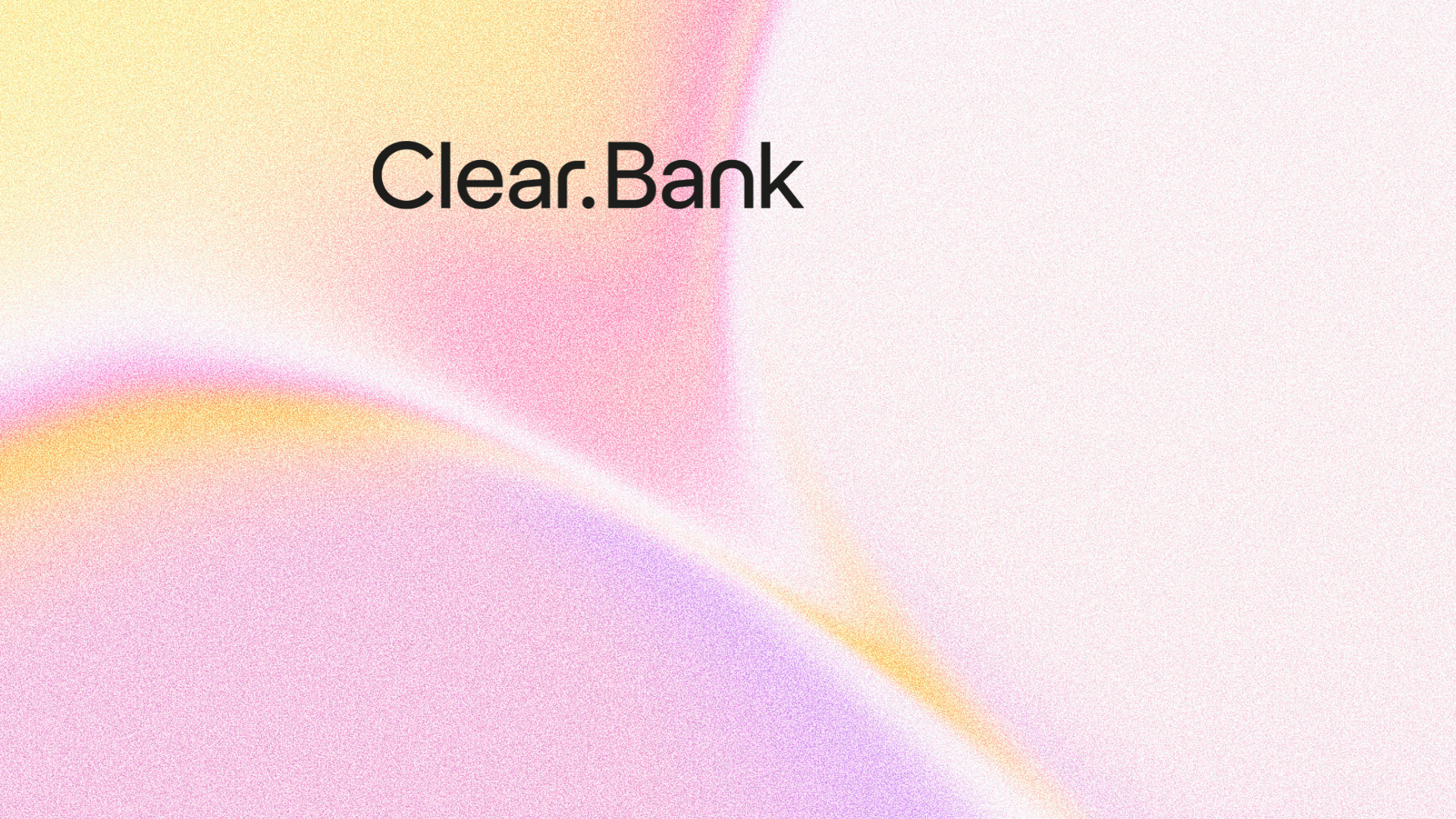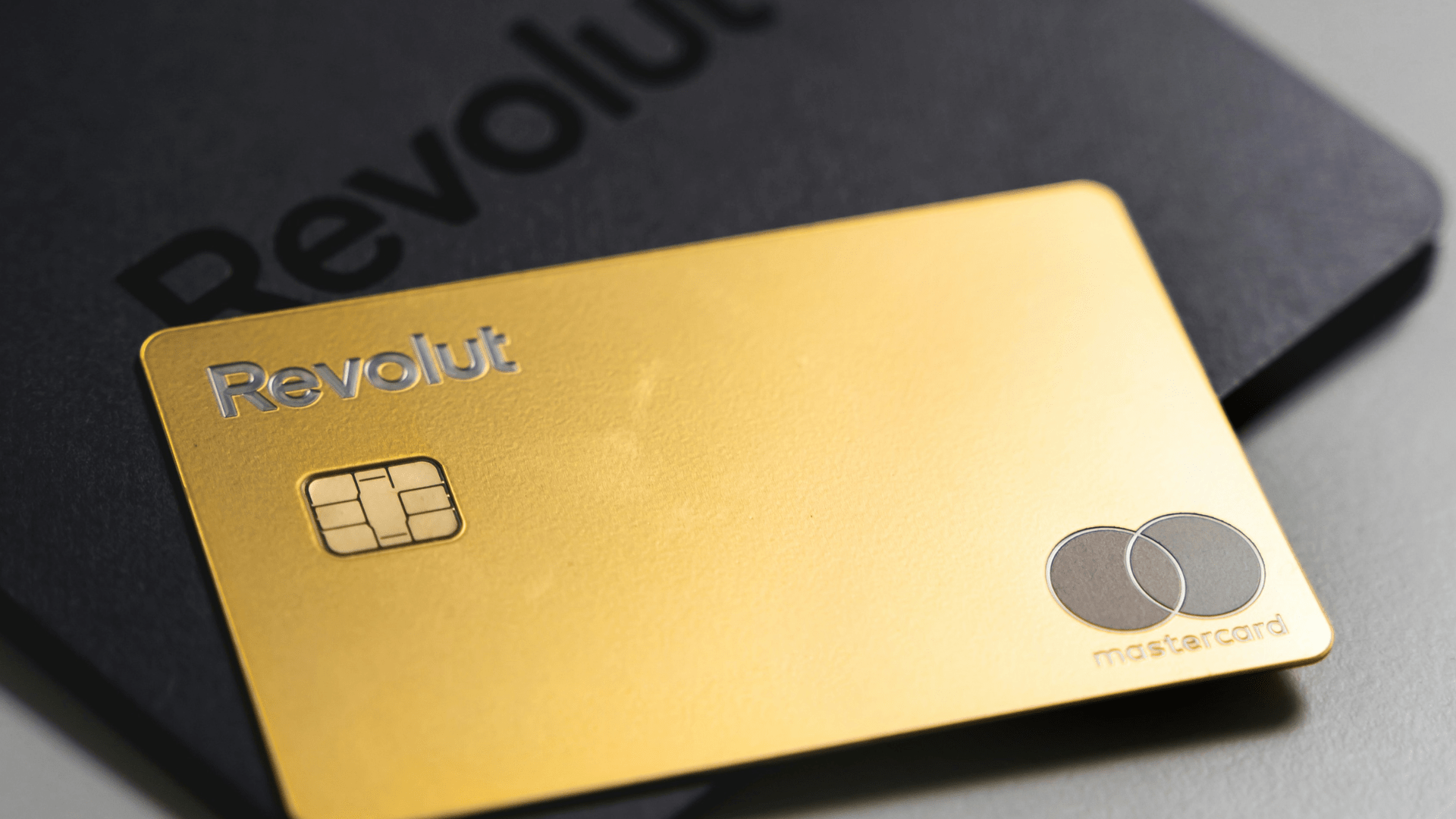After a long wait, Revolut has been awarded a banking licence and, after a “mobilisation period”, it will join Monzo and Starling as a bank, rather than an e-money institution (EMI).
What difference does this make? Revolut will be able to offer a wider range of services, including mortgages, if it so chooses. Customers who deposit money with Revolut will also have the benefit of FSCS protection. Funds up to £85,000 will be compensated if Revolut runs into trouble.
But it’s not clear how much of an effect this will have on Revolut’s reputation.
It’s not hard to find discussions on forums such as Reddit or Money Saving Expert where the difference between a bank and an EMI is explained to customers curious if their money is safe. For many, Revolut looks like a bank and quacks like a bank, so it is a bank—a place to keep their money and make payments. The technical differences aren’t terribly important to most. Plus, EMIs have arguably greater restrictions on how they deal with customer funds. Safeguarding rules mean that funds need to be held in such a way that they are protected if the institution runs into any trouble.
The word “bank” didn’t act as a magic word, protecting against the fall of Silicon Valley Bank in 2023. While problems were mostly US-based, and customers were protected in a similar way by FDIC insurance, that didn’t stop a virtual, social-media driven bank run taking place. Customers heard there were problems and withdrew their money.
A banking licence alone won’t solve Revolut’s problems. Its short history has been littered with the sort of controversy you might expect from a business where neon signs used to tell its employees to “get sh*t done”. In 2019 Wired reported that Revolut’s fast growth had a human cost—unpaid work, high staff turnover, and a toxic working environment. It was revealed the same year that the FCA had investigated the company for inadequate money laundering checks.
Its customer relations also took a hit as people objected to its ad campaign that appeared to use customer data, similar to a Spotify campaign. People seem to be okay with their listening habits being lightly mocked, but are a bit more sensitive when their financial data is mined for the same purpose. Revolut admitting that they fabricated the data didn’t help engender trust.
Since applying for a banking licence in early 2021, Revolut’s struggles have continued. It failed to file accounts on time for both 2021 and 2022, and auditors said that an IT issue led to its 2021 revenue being “materially misstated”. The Bank of England demanded that it simplify its share structure, leading to months of negotiations with investors. The company has churned through senior staff since the application, including five in July 2022 alone. Founder Nikolay Storonsky has also been less than discreet about his frustrations with the licence process taking three times as long as expected.
A banking licence alone won’t be enough to change Revolut’s reputation from, as the FT puts it, “a fast-moving, sometimes reckless, start-up focused on growth at all costs” to a more stable, risk-averse bank. It needs to do more—and to be fair, it has started this process.
There are new appointments in leadership positions, including UK CEO and a new chair. It has brought in behavioural experts to try and fix its work culture. And its advertising is far less controversial than those initial attempts.
Revolut is going to be one of the UK’s biggest banks. It doesn’t yet have a customer base to rival NatWest, but its most recent valuations are on a par with the high street bank. Future investments and a planned IPO look likely push that valuation even higher. But being a big licensed bank invites more scrutiny, not less. Regulators will be keeping a very close eye on the business to make sure it meets its obligations.
Revolut’s success to date shows that people didn’t really care whether it was a bank or not. It had a good user experience and was especially good for international payments and travelling, and that was enough. If it wants to be taken seriously as a bank, it will need to meet regulatory requirements and avoid controversy.
Those signs might need to be replaced: “Get sh*t done in the appropriate, regulator-approved manner”. If it’s as successful a bank as it has been an EMI, it can afford to splash a little on extra neon.















